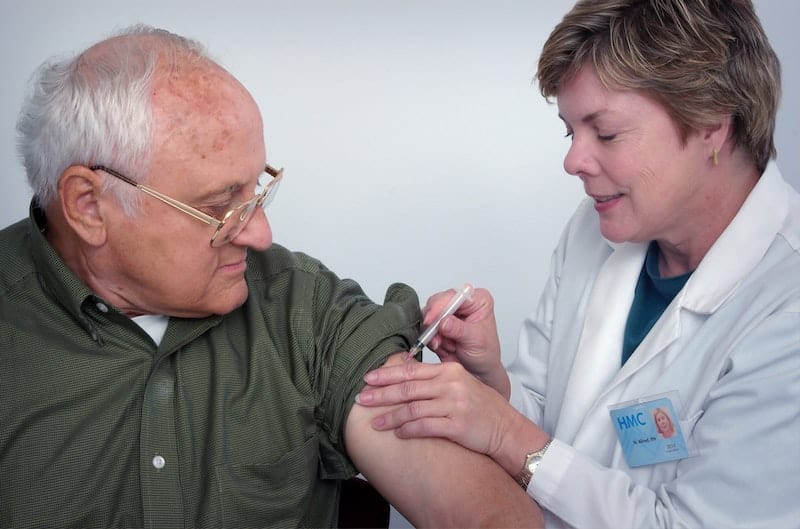Health care costs in retirement may pose the greatest threat to an individual’s financial well being. When looking for ways to get a handle on medical costs, it pays to be proactive and ask lots of questions of your health care providers. Being prepared and communicating with your doctor may save you money by catching illnesses early, thus reducing necessary treatments.
The Importance of Communicating with Your Doctor
Trends in health care today are impacting traditional doctor/patient relationships. Anticipating a coming shortage of Primary Care Physicians, patient care teams now include Physician Assistants and Nurse Practitioners. These care providers are often able to spend more quality time with patients and are fully qualified to handle many of the services and procedures that only doctors did. In addition, access to technology, patient portals and educational materials help make everyone better health care consumers.
Yet, even with all these improvements, it can still be hard to feel heard in the doctor’s office. Studies show that doctors tend to interrupt their patients just 11 seconds into the conversation. When it comes to receiving top-notch care, it’s important that your physician hears what you’re saying.
5 Ways to Improve Communications During a Doctor’s Appointment
Want to feel confident in your care? Use these five tips for better communication at your next doctor’s visit.
1. Be prepared
Write down and bring with you, the most important problems you are experiencing.
Since face time is often limited, this will help your doctor know what to focus on first. Be ready to tell the doctor how long the situation has been going on, what makes it better or worse, and any patterns you’ve observed.
2. Bring a complete list of your medications and dosages
Better yet, bring the bottles so your doctor can see what you’re taking instead of just reading them from a list. Seeing the bottles may have much more impact and help him/her determine if any medications can be eliminated or dosages reduced.
It’s critical to be sure to mention any over the counter medications, vitamins and supplements you’re taking as well.
3. Keep medical records and documentation organized and in one location
Copies of recent test results, lab reports, surgeries and other health information will be useful to bring along anytime you start seeing a new doctor or one that is out of your network. If you are a user of the cloud, you can store the information so it can easily be called up on a mobile device and shared.
4. Talk about costs
Don’t be embarrassed about bringing up the cost of services with your doctor. However, his/her billing office will probably be more knowledgeable about the projected costs you can expect.
5. Double-check your insurance
If you are scheduled for surgery ask who may be assisting and if they are in your network or not. Some anesthesiologists, for example, are not directly affiliated with the hospital and may be outside your network. This prevents surprises when your bill arrives.
Related: What You Should Know About Medicare Open Enrollment
Additional Resources
The Patient Advocate Foundation provides a useful job aid that can be printed and kept on hand about how to discuss the cost of care treatments with care providers. And check out this insightful article from the L.A. Times about communicating with your doctor, especially when talking about prescriptions costs.
Learn More with Clarity
Our advisors can help you better understand your relationship with money – and create a plan for the future. Click here to schedule a consultation with Clarity Wealth today.


